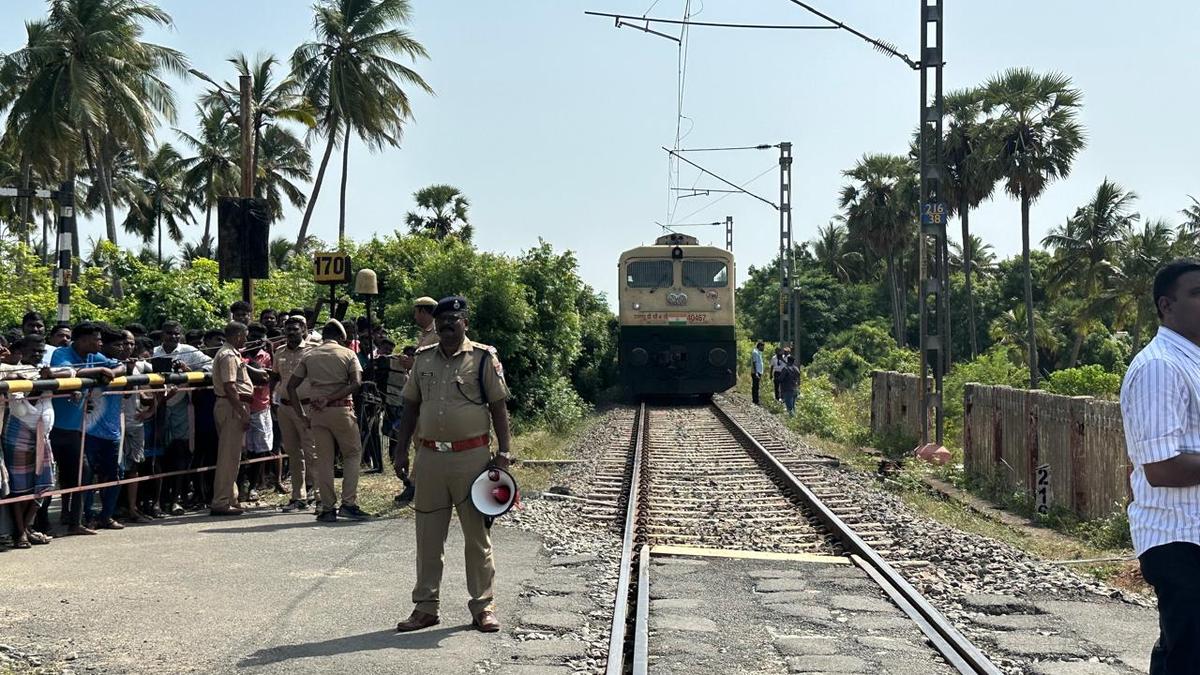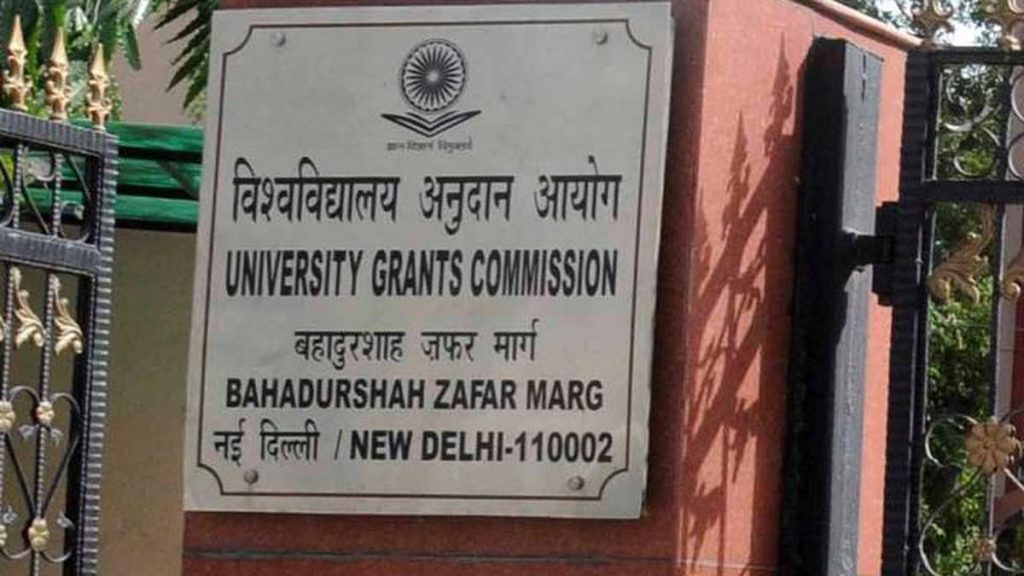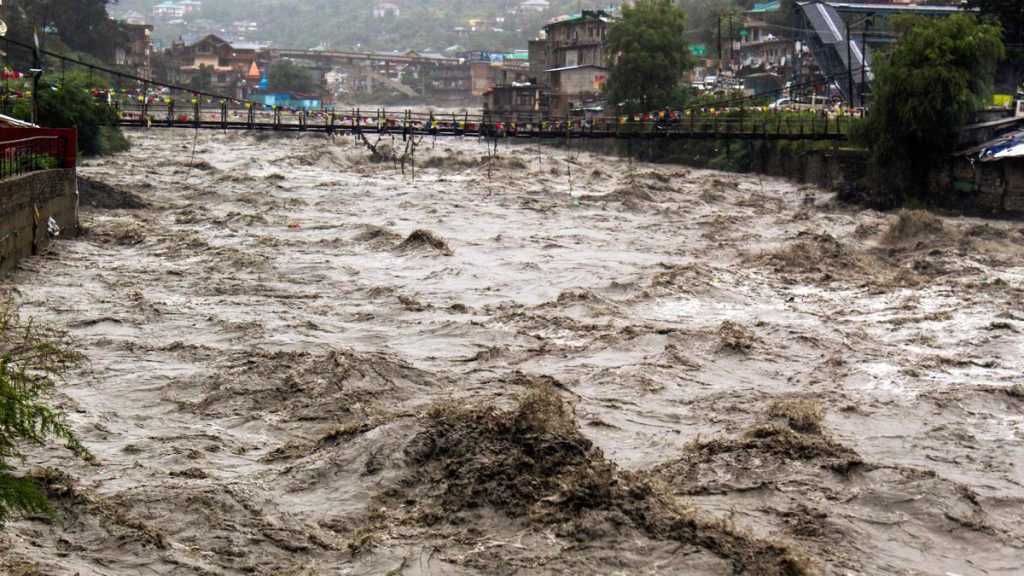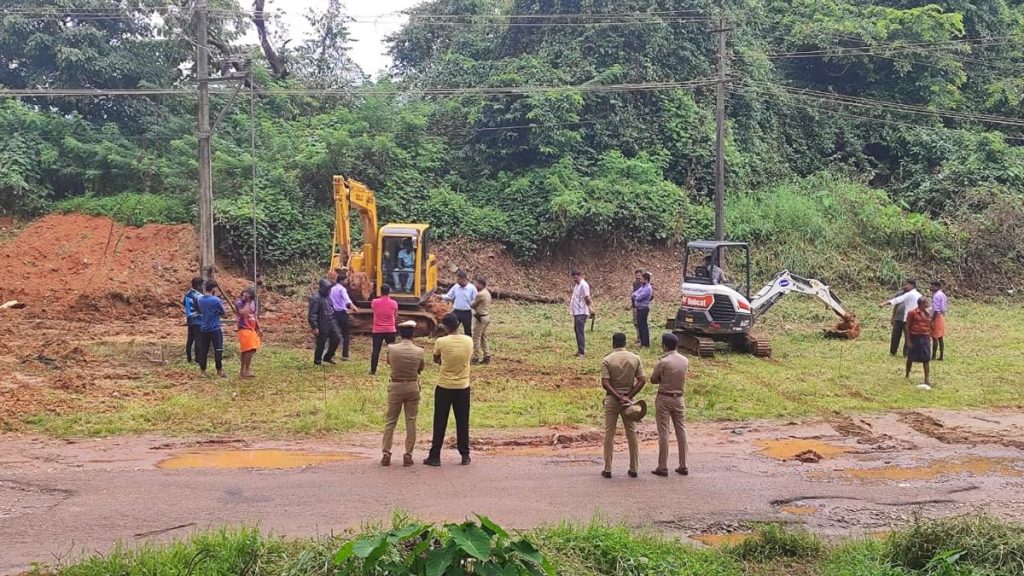Now Reading: Cuddalore Train Accident: Level Crossing Gatekeeper Arrested
-
01
Cuddalore Train Accident: Level Crossing Gatekeeper Arrested
Cuddalore Train Accident: Level Crossing Gatekeeper Arrested

Rapid Summary
- incident Details: A fatal collision between a school van and Train No. 56813 Villupuram-Mayiladuthurai passenger occurred at Railway Level Crossing Gate No.170, near Semmankuppam, Cuddalore SIPCOT on July 8, 2025.
- Casualties: three schoolchildren were killed, and two others sustained serious injuries.
- School Van Involved: The vehicle belonged to Krishnaswamy Vidyanikethan, a private CBSE school.
- Gatekeeper Arrested: pankaj Sharma,the gatekeeper responsible for managing the crossing gate,has been suspended and arrested for alleged negligence leading to the accident.
- Preliminary Findings: Reports suggest that the driver of the van pushed for passage despite an attempt by the gatekeeper to close it. Eyewitness accounts claim that the gatekeeper failed his duties due to reportedly dozing off at his post.
- Action Taken: A commitee from railway Safety, Operation, and Engineering branches is investigating further.
Indian Opinion Analysis
This tragic incident highlights critical issues in India’s rail infrastructure safety practices and procedural vigilance. The reliance on manned level crossings as opposed to automated systems remains a vulnerability within rural or semi-rural transport systems like those in Cuddalore SIPCOT region. Allegations of negligence involving human error such as sleeping on duty underline systemic gaps in ensuring proper staffing and accountability.
For India’s broader safety landscape in transportation policies concerning non-interlocked crossings-especially when involving vulnerable groups like children-the incident serves as an urgent wake-up call for reinforcing stricter safety enforcement mechanisms. This should reasonably include automation technologies or CCTV monitoring for high-risk areas with persistent traffic.
The heartbreaking loss calls attention not only to immediate preventive measures but also long-term considerations regarding resource allocation prioritizing public safety across states reliant on such infrastructure.
























